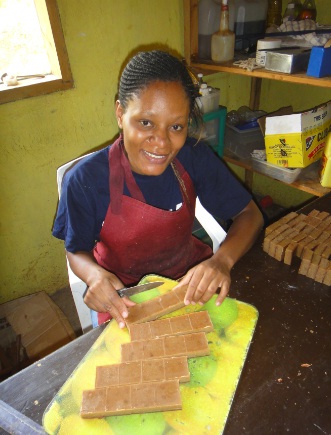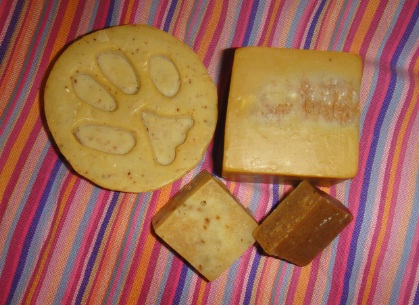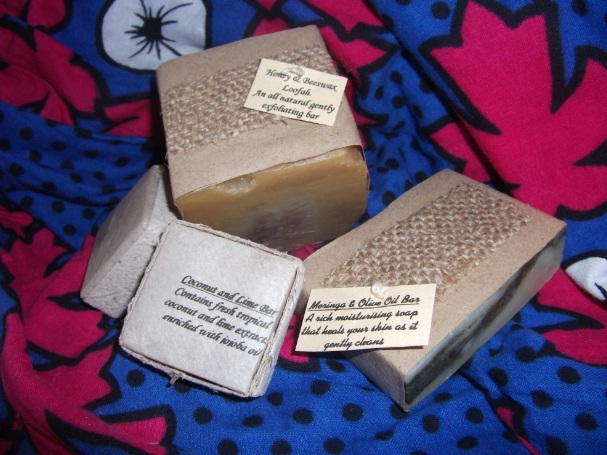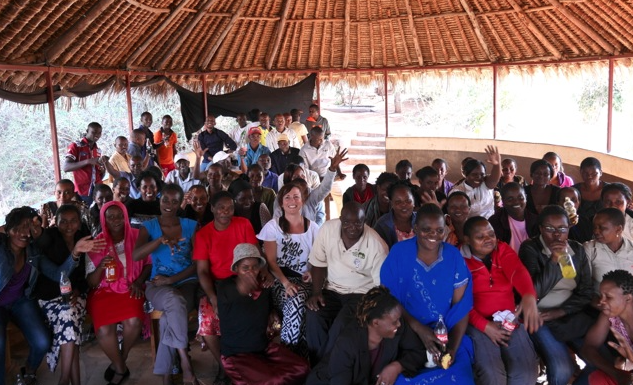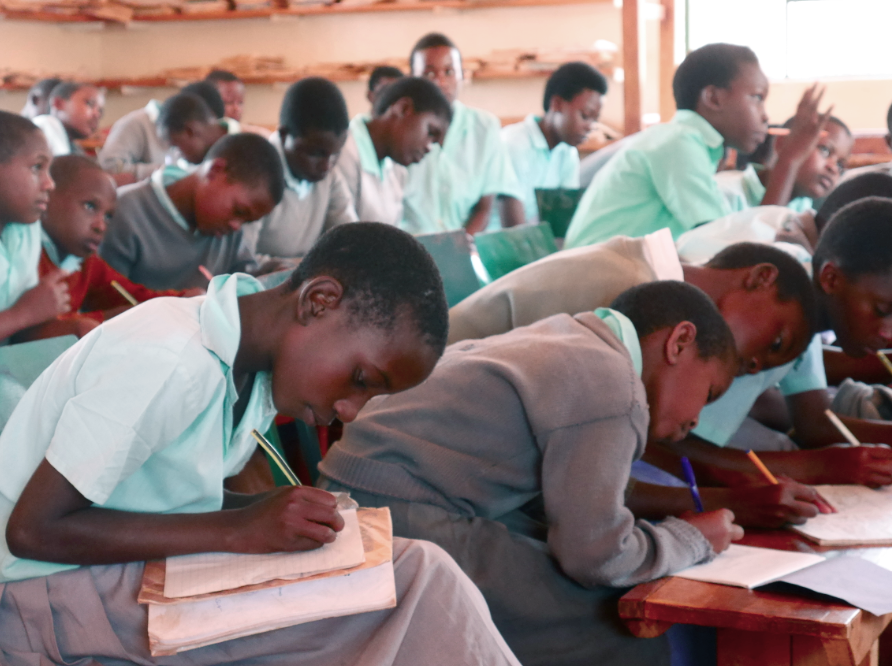Meet Betty, Wildlife Works’ Enterprising Soap Maker
By: Cara Braund- Conservation Intern- 12th November 2011
In an area such as the Kasigau Corridor, where there are thousands of people out of regular work, Wildlife Works has been instrumental in providing jobs for hundreds of people in different sectors of the company. In order to reach as many families as possible, one important factor has been the diverse range of employment available. If you’re not made to be a cutter or sewer in the eco-factory, maybe you could be a ranger, or put those green fingers to use in the greenhouse or use your knowledge of mechanics in the workshop. Furthermore, by training local residents in the different parts of our work, we are not only increasing their future prospects but also raising their sense of self-value.
As Wildlife Works grows, we’re keen to gradually expand our areas of work for maximum job creation for existing members of the community, giving them a greater skill-set and steady income. With this in mind, Wildlife Works has taken on running its own soap-making factory. It is currently a very small operation, with the focus on producing high quality soaps with individuality.
MEET BETTY KITIRO
The principal employee of our soap factory is Betty Kitiro, a twenty five year-old from Jura, a village in the Kasigau corridor. Once she had completed school, Betty came to volunteer at Wildlife Works in April 2007 and was trained in soap-making. After less than year, she became a full time employee and now shows great initiative in experimenting with different ingredients to create fun and fragrant soaps for Kenyans and international tourists alike.
Betty is currently producing five core varieties of soap, with the key ingredients coming from local sources. We are very happy to be able to provide a boost in income for small-scale producers of aloe, limes, jojoba seeds, myrrh, loofah pods, honey and oranges. To add extra essence of the region, the soaps are generally simply packaged in elephant dung paper made at Rukinga or sisal baskets made by local women. At the moment the soaps are primarily sold to hotels in Kenya, providing their guests with a little something from Tsavo.
Our hope is that the soaps will become even more popular than they already are, providing more people with earnings in the area and improving their quality of life.
Inquiries about wholesale orders can be made to ask (at) wildlifeworks (dot) com.

